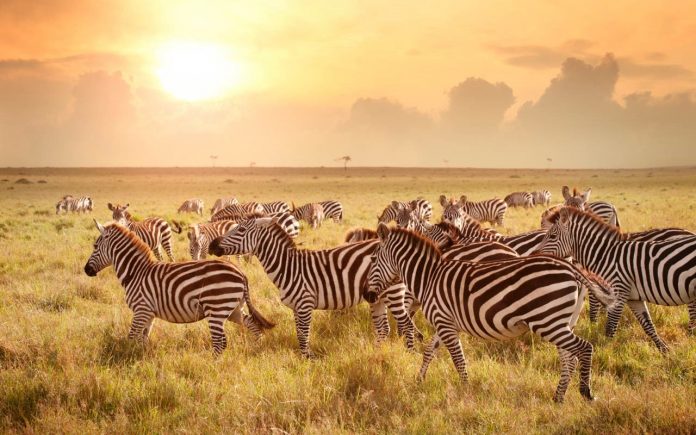By UN Environment
Businesses built on Africa’s natural landscapes and wildlife – including tourism, the harvesting of plants and natural products for food, cosmetics or medicines, wildlife credit schemes for direct payments for conservation, or fees, taxes and levies tied to the use of nature, among others – employ millions of people and earn governments billions of dollars in revenue. Alongside commercial rewards, conserved habitats drive local, regional and global environmental benefits.
A Working Paper by Space for Giants, supported by UNEP and the World Conservation Monitoring Center – to be released at the Summit – shows that consumer spending on tourism, hospitality and recreation in Africa, estimated at $124 billion in 2015, is expected to reach $262 billion by 2030. But even as economies built on wildlife continue to grow, they must take into account economic, social and ecological sustainability.
Key to social sustainability is ensuring local communities are co-investors in the nature-based economy. The people living with nature must be at the center of transactions, and communities must be treated as equal partners, with their own conservation and development aspirations similarly valued alongside important interventions to conserve species…Read more>>



